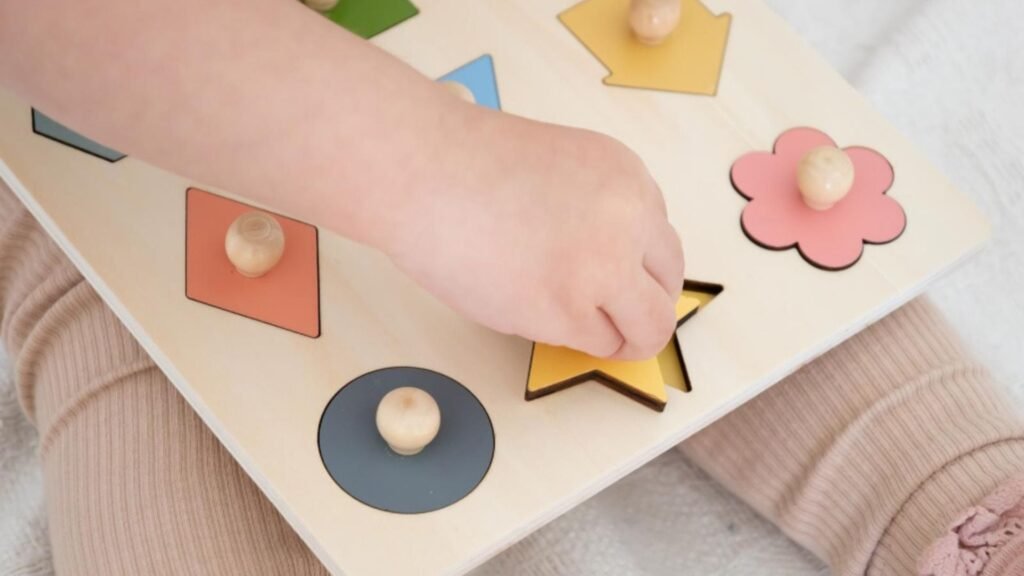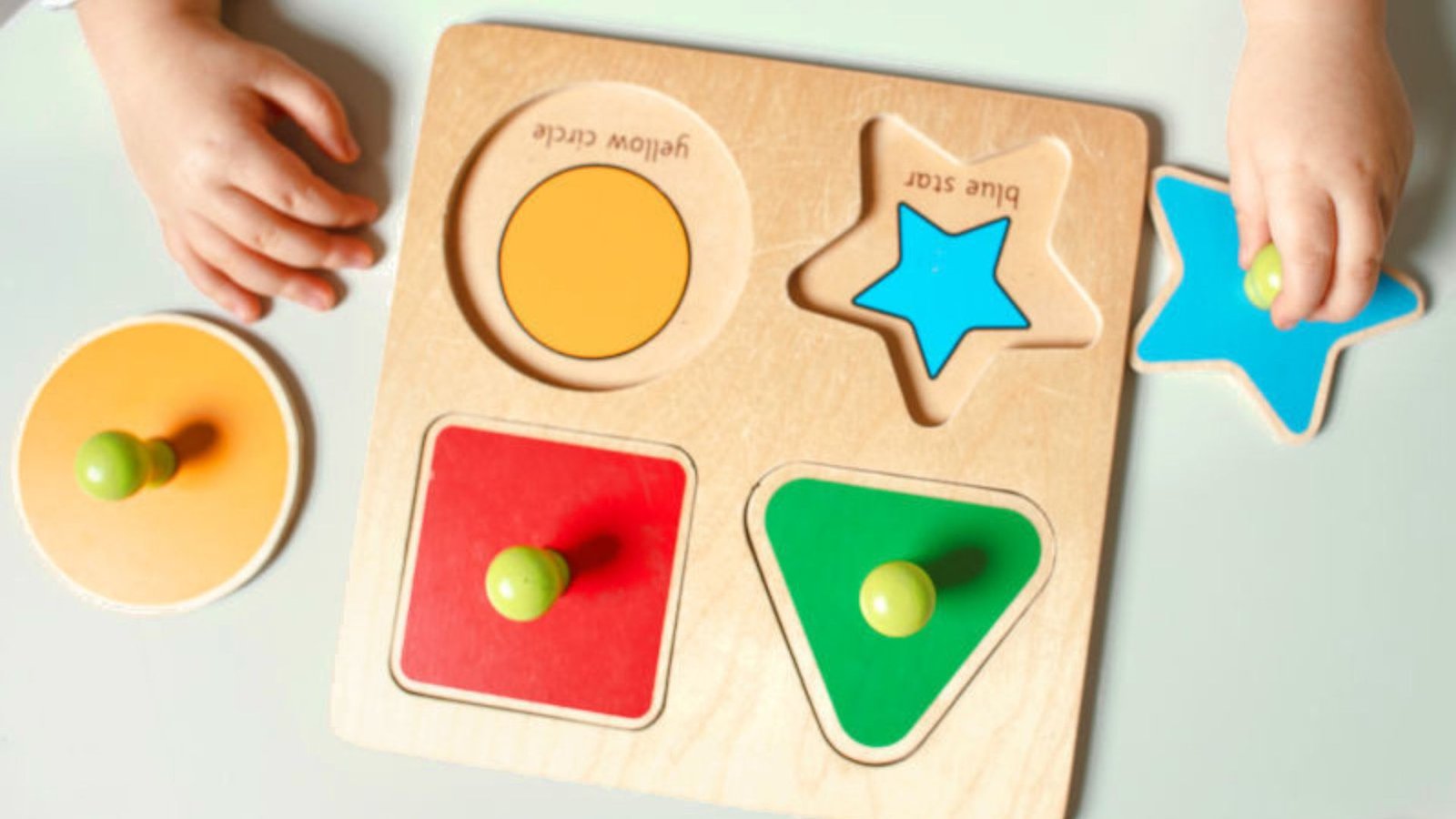Puzzles are a fantastic way to engage your brain, improve cognitive function, and even have some fun. With so many different types of puzzles available, it can be overwhelming to figure out where to start. Whether you’re looking to challenge your mind, relax after a long day, or have fun with friends and family, there’s a puzzle out there that suits your interests and skill level. In this guide, we’ll explore the different types of puzzles and give you tips on how to choose the right one for you.

Jigsaw Puzzles
Jigsaw puzzles involve piecing together interlocking pieces to form a complete picture. They are available in a wide range of difficulty levels, from simple 50-piece puzzles for children to complex 1,000-piece (or more) puzzles for adults.
Why Choose It:
- Relaxing and Therapeutic: Jigsaw puzzles are great for reducing stress and promoting mindfulness. The process of sorting pieces and gradually seeing the image come together can be soothing.
- Improves Spatial Awareness: They help develop spatial reasoning skills as you visualize how pieces fit together.
- Social and Family-Friendly: Jigsaw puzzles can be enjoyed alone or as a group activity. They are perfect for family nights or casual get-togethers.
How to Choose:
- Consider Your Skill Level: If you’re new to jigsaw puzzles, start with puzzles that have fewer pieces (100–500). More experienced puzzlers can challenge themselves with larger puzzles (1,000 pieces and beyond).
- Pick a Theme You Enjoy: Jigsaw puzzles come in various themes—landscapes, famous artworks, animals, cities, and more. Choose a theme that interests you to make the experience more enjoyable.
Sudoku
Sudoku is a number-based logic puzzle that challenges players to fill a grid with numbers, following the rule that each number must appear only once in each row, column, and region of the grid.
Why Choose It:
- Sharpens Logical Thinking: Sudoku is a great way to enhance logical reasoning and pattern recognition.
- Boosts Concentration: It requires full attention and focus to avoid mistakes, making it an excellent way to exercise concentration.
- Portable and Convenient: Sudoku puzzles are easy to carry around and can be done anywhere, whether you’re on a bus or relaxing at home.
How to Choose:
- Start with Easier Puzzles: If you’re new to Sudoku, begin with easy or medium-level puzzles. As you get more comfortable, challenge yourself with harder grids.
- Opt for Puzzle Books or Apps: You can find Sudoku puzzles in books or download them as apps. The app versions often allow you to adjust difficulty levels.
Crossword Puzzles
Crossword puzzles involve filling in a grid with words, using clues that hint at the words in both horizontal and vertical directions. The difficulty can vary depending on the complexity of the clues.
Why Choose It:
- Boosts Vocabulary: Crossword puzzles are a fun way to expand your vocabulary and improve your general knowledge.
- Great for Word Lovers: If you love language, crosswords are an enjoyable challenge that requires both word recall and lateral thinking.
- Mental Stimulation: Regularly solving crossword puzzles can help keep your mind sharp and improve memory.
How to Choose:
- Start with Easy Puzzles: Beginners should start with simple puzzles, often labeled as “easy” or “beginner” in newspapers or puzzle books.
- Pick Your Clue Difficulty: If you want to level up, opt for puzzles with more challenging clues or try specialty crossword puzzles (e.g., cryptic crosswords or themed crosswords).
Conclusion
Puzzles come in all shapes, sizes, and difficulty levels, so there’s something for everyone. Whether you enjoy the satisfaction of completing a jigsaw puzzle, the intellectual challenge of Sudoku, or the thrill of an escape room puzzle, there are endless ways to engage your mind and have fun. The key to choosing the right puzzle is understanding your personal preferences and skill level.
- For Relaxation: Try jigsaw puzzles, Sudoku, or crosswords.
- For Mental Challenge: Opt for logic puzzles, Rubik’s Cube, or riddles.
- For Social Fun: Escape room puzzles and group-based challenges are great for team activities.



